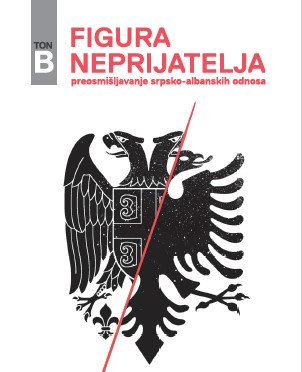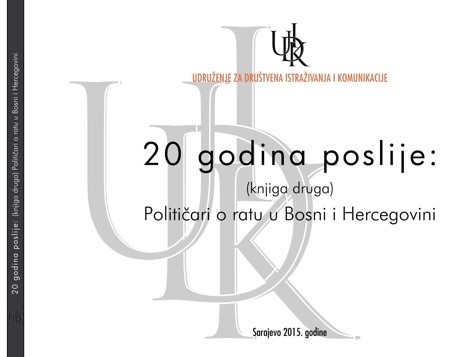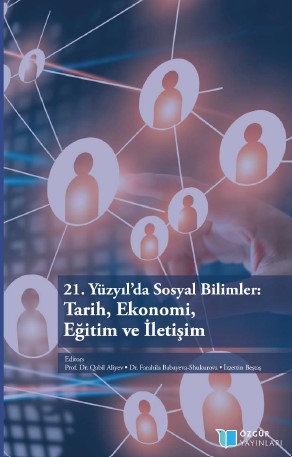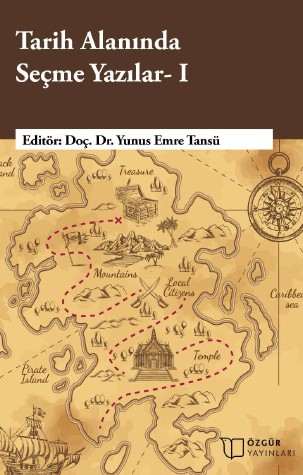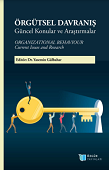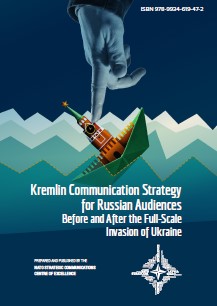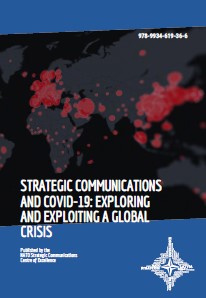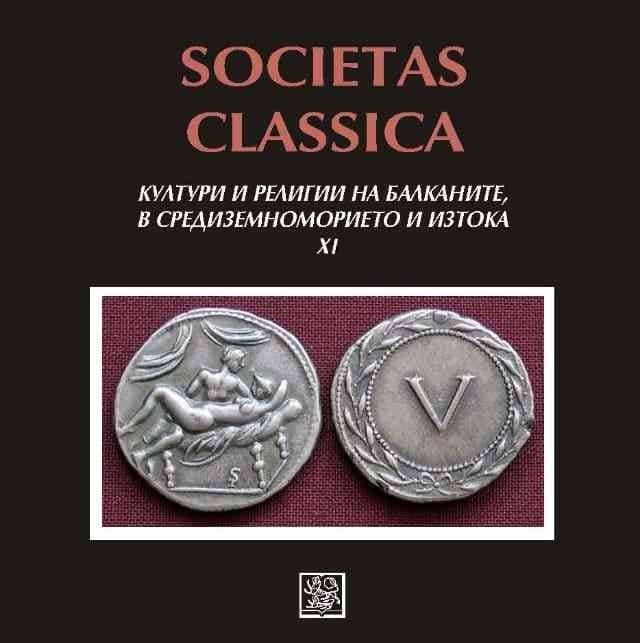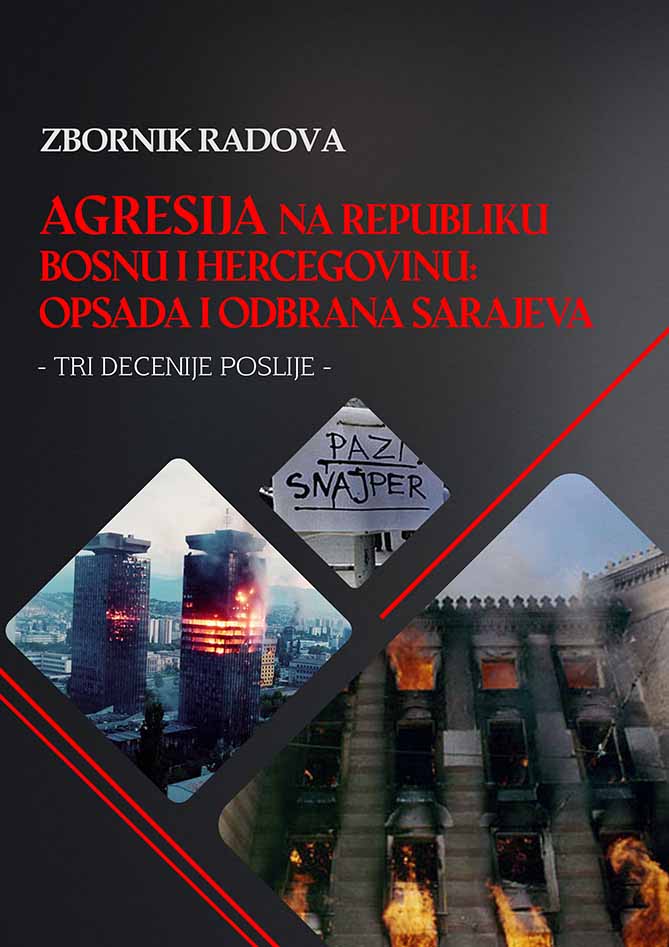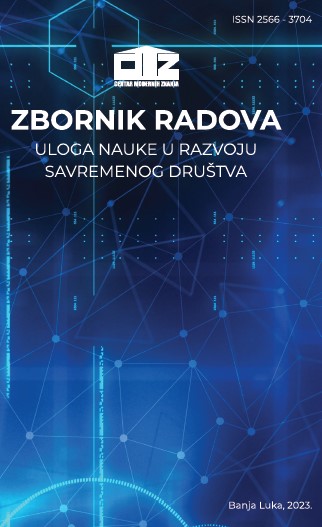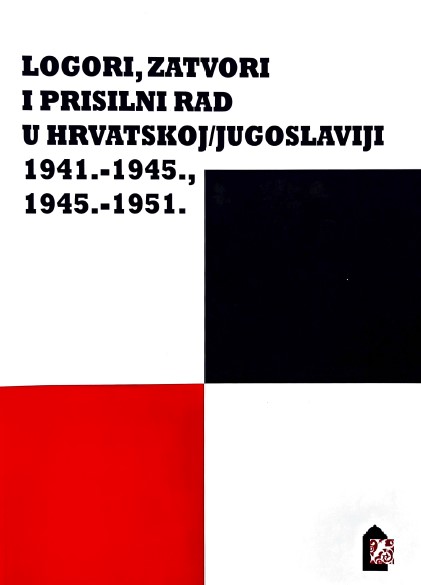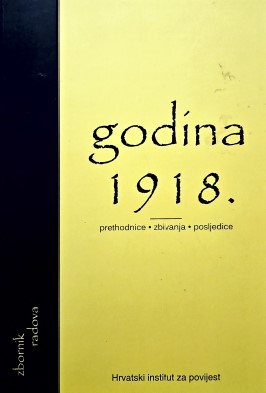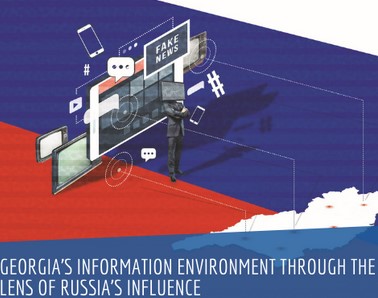
Georgia’s Strategic Interests
Similarly to other countries suffering from occupation of their territory, Georgia’s primary national security objective is to regain its lost territories. This is not an easily attainable goal. Georgia’s interests are shaped by its geographical predicament: it is situated in a region that abounds with territorial conflicts and is affected by the Russian-American great power competition. The country is neighboured by Russia – a state that views the South Caucasus as vital to its interests. As Georgia is considered the gateway of the South Caucasus, it became the subject of Russian pressure immediately following the collapse of the Soviet Union. In the early 1990s, weakened by civil war, economic collapse, and disastrous defeat in Abkhazia, Georgia had little choice but to appease Russia and rely on its goodwill. Yet this dynamic could only be sustained as long as the region remained outside of a Western sphere of influence. In the late 1990s, the U.S. and Europe rediscovered the South Caucasus, particularly as a unique opportunity to build a new energy corridor and set an example of democratic transformation. This interest was welcomed by the Georgian public but was met with profound concern in Russia.
More...
